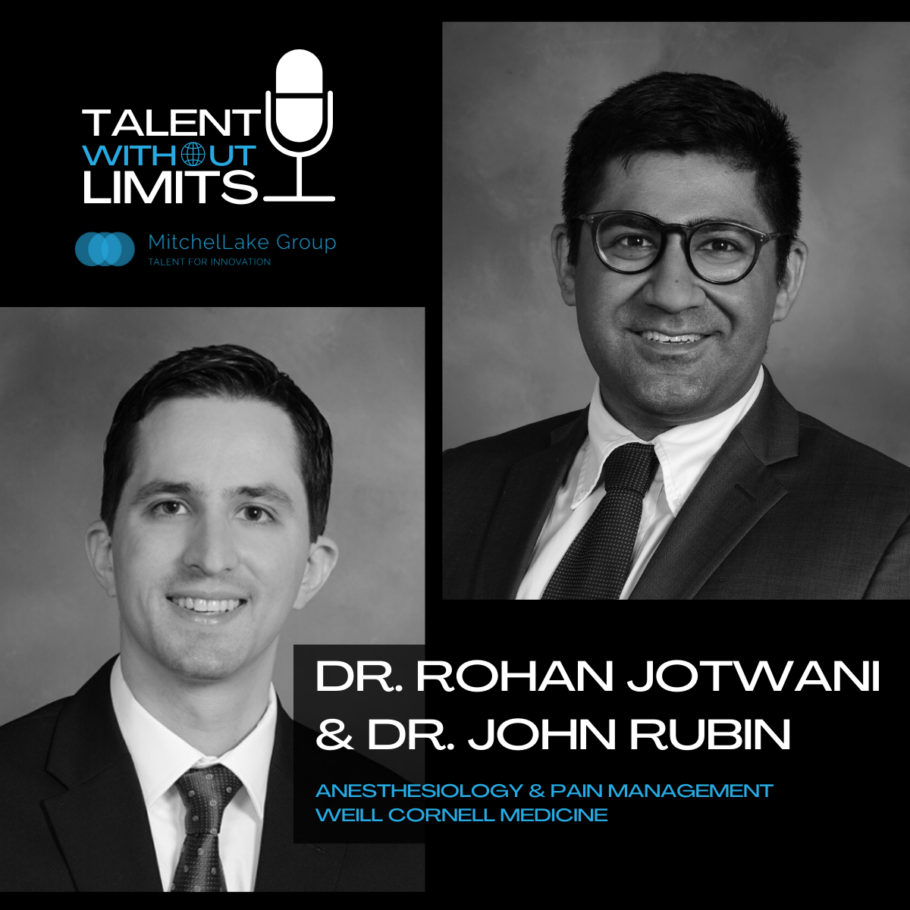Susan Wu speaking with Luke Henningsen Posted at 0:00, Mon, 25 July 2016 in Profiles
There aren’t many startups or household-name tech companies that Susan Wu hasn’t touched. Splitting her time between Australia and California, Susan modestly describes herself as a hacker, entrepreneur and investor. In reality, she’s been a cornerstone of the open source and online gaming community since 1992.
Since relocating to Australia, Susan Wu has been very active in the Australian startup community and, as we move in the same circles, we felt it was time to get together and learn a bit more about her.
Most recently Susan has been one of the earliest team members of Stripe worldwide and launched Stripe into Asia Pacific.
Named as one of the ‘100 Most Creative People in Business’ and ‘Most Influential Women in Technology’ by Fast Company, and as one of the ’10 Most Influential People in Silicon Valley’ by San Jose Mercury News, we’re just pleased she found some time to stop and have a chat with us!
Luke Henningsen: You moved to Melbourne a couple of years ago from San Francisco. How have you found the APAC/Australian Market so far?
Susan Wu: I can definitely understand why people consider Australia to have one of the highest quality of life experiences in the world. I’ve been most impressed with how warm and friendly most people I’ve interacted with in Australia have been. When people ask “how are you doing?” here, they genuinely mean it, and stop and pay attention to your answer.
LH: You have had the benefit and challenge of having worked directly with a number of amazing tech founders. What is it like working with people like Jack Dorsey or John Collison? Have you found any similar themes in the ways self-made tech billionaires work?
SW: You’re right – I’ve been super lucky to have been able to work with some of the great leaders in tech – including Caterina Fake, Ellen Pao, Freada Kapor Klein, Elad Gil, Jack Dorsey, Ev WIlliams, Biz Stone, Patrick and John Collison. Most of the industry’s great leaders are driven by a vision of the world they’d like to see. Their work is much more driven by values than by commercial interest. That’s what I love about the tech industry. While the tech industry is by no means a perfect system, it’s still an industry that draws many creative visionaries seeking to actualise their dreams.
LH: Since moving to Australia you have been a very active contributor to the startup ecosystem here. You’re on the Board of LaunchVic, you are a regular speaker at key tech events – including co-founding the excellent Above All Human conference. How does the Melbourne startup eco-system compare to that of Silicon Valley? Why do you believe it is important to contribute to the eco-system like this?
SW: What’s exciting about the startup ecosystem here is that we’re still in the earliest stages of its inception. All of us around the table today can have a meaningful, formative impact on what emerges. As an entrepreneur, the ability to co-found, to build a new ecosystem from the ground floor, is an exciting challenge. Simply put, I want to build a community where I can see my children thriving, that will provide them with ample opportunities to be as innovative, experimental, and successful as they want to be.
LH: Susan, you have been involved in challenging a number of incumbent business models. Are there any particular industries or models that you feel are ripe for disruption over the near term?
SW: We’re at an exciting point in the evolution of the tech industry. We’re at the cusp of transitioning to a new set of platforms that will emerge to be the Facebook, Google, and Apple of our future. For example, VR/AR, deep learning/AI, bots/autonomous systems, and genomic data platforms — each of these industries is just at the cusp of massive transformation. There will be multiple startups across these sectors that are being born today that will one day touch nearly every human on the planet. [This interview was done before Pokemon Go was released, so we can already see the leaps and bounds in AR]
Fundamentally, we’re on the verge of totally redefining what it means to be human. I’d like to see more founders and engineers take ethics classes, and understand the massive ramifications of their work.
Also, I’m excited about the recent industry attention being paid to diversity and inclusion in the tech industry. If we’re all working to create the world we want to live in, then harnessing the perspectives of women, underrepresented minorities, and a diversity of voices, is critical. Who knows what types of new platforms, products, and innovations are possible, when we broaden the pool of entrepreneurs to entirely new viewpoints? That could in itself be transformative.
LH: If you could own any company in the world right now, what would it be?
SW: I think the most exciting companies today are SpaceX and everyone inventing the space around genomic engineering.
But I think the sector that’s most undervalued today is that around illuminating and empowering all of the potential that’s still locked up in ourselves, in the form of our cognitive and emotional systems.
LH: What do you look for when making a great hire?
SW: The people I most like to hire are those rare folks who have both great analytical/intellectual capabilities, and the wisdom to have cultivated a high EQ. People smarts are just as important as intellectual smarts, and all too often, EQ is undervalued in the tech industry. I love working with people who have a deep commitment to learning, and to continually improving themselves.
LH: People may not realise that earlier in your career you built the leading mod for Quake 2 tournament play and that you played Quake competitively. What do you think of the latest generation of online games, where do you see this sector heading over the next few years?
SW: I miss those exhilarating Quake 2 days. It was so much fun to stay up until 2am playing Rocket Arena or 1:1 DMs with your clan. The only thing keeping me up until 2am these days is my new baby! 🙂
Had I more time, I would be spending more effort investigating what’s going on in the AR and Interactive Fiction realms. Despite all of the advances in game technology, there are still no games as richly immersive or thought provoking as the text based MUDs of ages past. That may be about to change, we’ll see.
If you are seeking talent, advice or you are interested in startups, scale ups and digital transformation let’s talk.
Image by Stuart McEvoy for The Australian



